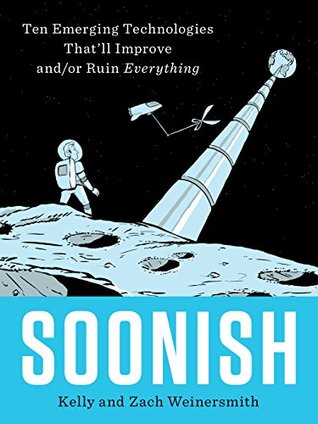Physics behaves. Economics doesn’t. According to economist Dr. Bryan Caplan of George Mason University, “Competition is the key. If a single firm hits the mother lode of platinum, it can hold back most of its stockpile to avoid flooding the market. If many firms share the mother lode, in contrast, each is likely to rush to sell off its platinum before its rivals do. Given the high fixed cost of space travel, asteroid mining is very likely to start with few firms, giving first movers a great opportunity to profit from whatever resources they find. Over time, however, success breeds imitation,
...more
“Physics behaves. Economics doesn’t. According to economist Dr. Bryan Caplan of George Mason University, “Competition is the key. If a single firm hits the mother lode of platinum, it can hold back most of its stockpile to avoid flooding the market. If many firms share the mother lode, in contrast, each is likely to rush to sell off its platinum before its rivals do. Given the high fixed cost of space travel, asteroid mining is very likely to start with few firms, giving first movers a great opportunity to profit from whatever resources they find. Over time, however, success breeds imitation, so later generations of asteroid miners should beware.””
Reference
Weinersmith, Kelly, & Zach Weinersmith (2017, oct. 7). “Soonish: Ten Emerging Technologies That'll Improve and/or Ruin Everything.” Kindle Edition. Chapter 3 Asteroid Mining Rummaging Through the Solar System’s Junkyard, p. 56 of 358, 13%.


